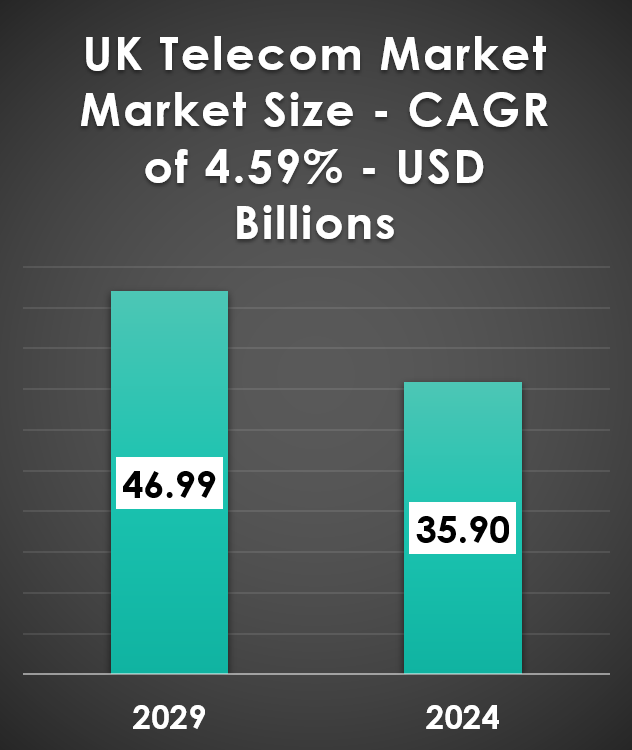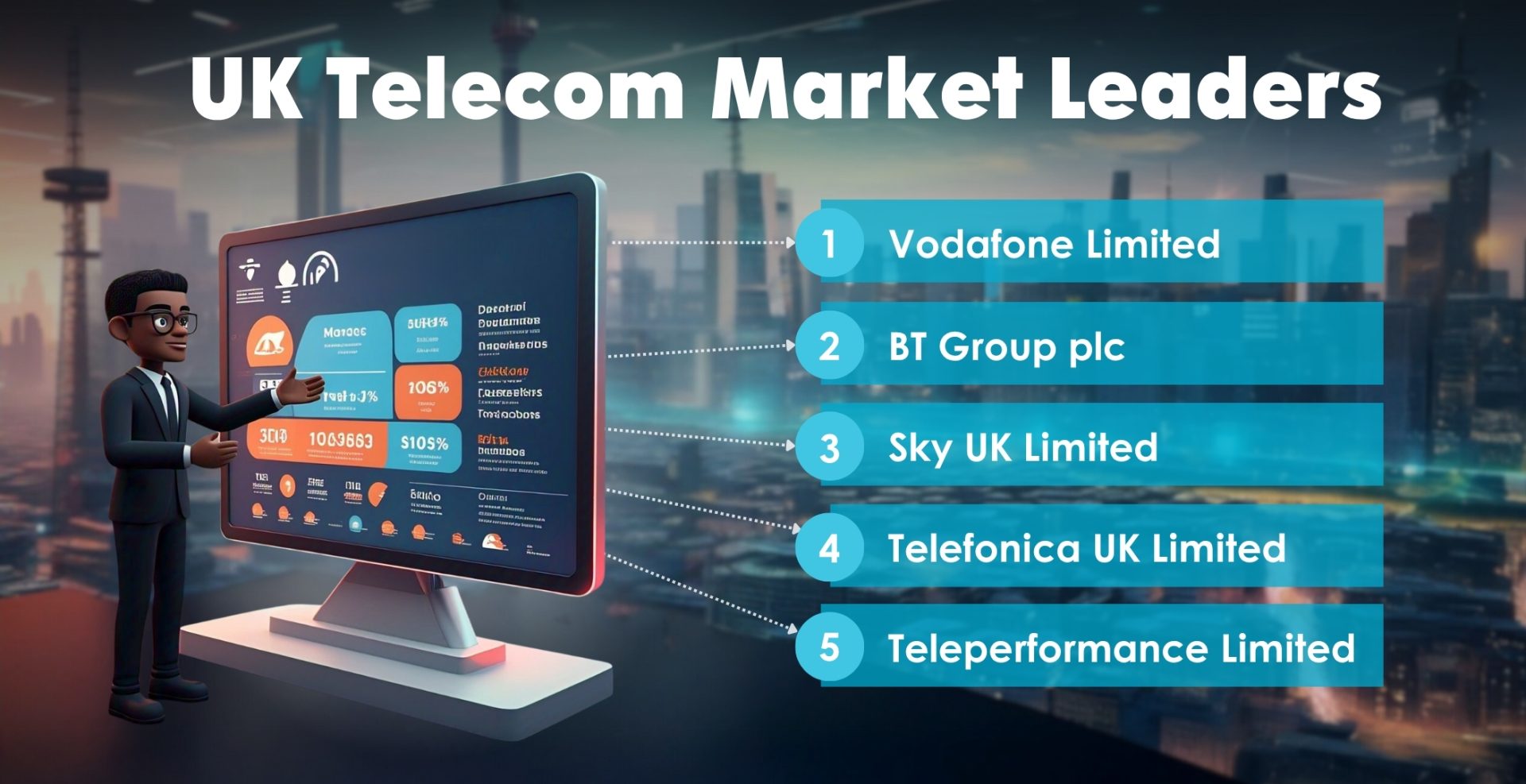Introduction
For the majority of industries around the globe, personalisation has become an essential determinative. This rise in the significance of personalisation is the result of rising customer expectations, fierce competition and the relevance of data. Customer of this digital age expects their telecom experiences to be bespoke, pertinent, and receptive. Telecom companies will achieve customers’ loyalty, retention and edge over competitors by making wise investments in personalisation.
- Customers Demand Relevance
- Data-Driven Experiences
- Hyper-Competitive Market
- Customer Retention is Key
- Digitization is needed for this Generation
- Trust and Transparency Matters

Telecom Is No Longer Just About Connectivity—It’s About Experience
There was a time when telecom services were all about incoming and outgoing calls, the number of messages left, data packs, roaming charges, and network availability. There is a significant shift in priorities, and today, the UK telecom sector is the frontline of experiences, and the epicentre of exceptional experience is personalisation.
We are living in a time when shopping apps show discounts on our favourite brands; our playlists are synced as per our musical choices, and even the grocery apps remind us to add the products we missed. Similarly, telecom customers expect the brands to recognise them personally and proactively.
As per Mobile UK’s data on Mobile Facts 98% of the adult population in the UK has a mobile phone, which is 1.37 active connections per head of population
The British community is becoming diverse socially and digitally. A standardised and generic service is not acceptable to customers in 2025. Each customer, from a student to a working professional, has a different requirement, primacies and budgets.
UK telecom providers get hold of vast amounts of data, including calling patterns, location, browsing habits, and network usage information. This is not just stats but a treasure.
1. From “Mass Market” to “My Market” – The Reign of Relevance
The British community is becoming diverse socially and digitally. A standardised and generic service is not acceptable to customers in 2025. Each customer, from a student to a working professional, has a different requirement, primacies and budgets.
Customers expect that the product should be such that it has been devised exclusively for them. One-size-fits-all plans are no longer appreciated, nor do they appeal.

According to Market research by the Institute of Customer Service data on UK Telecommunications & Media Sector, the Customer Satisfaction Index scored the Telecommunications & Media sector’s overall UKCSI of 74.7
2. Data is Abundant-Now It Needs to Be Intelligent
UK telecom providers get hold of vast amounts of data, including calling patterns, location, browsing habits, and network usage information. This is not just stats but a treasure.
By deploying AI and machine learning, this treasure can be used to propel hyper-personalization:
• A homemaker who streams cooking videos can be offered an unlimited YouTube pack.
• A travel vlogger receives an international roaming package as soon as they book a trip.
Telecom companies that use data analysis to comprehend their customers succeed in antedating requirements before the customer even expresses them.
3. Hyper-Competition Demands Hyper-Personalisation
As we can see in the image above, the UK telecom market is saturated. The market is primarily occupied by 5 major players; thus, in order to create a space, only pricing is not enough.
Whether it’s flexible plan creator, monitoring usage through apps, or tailored dashboards, the telecom sector is developing new methods to offer services beyond the SIM card. The companies that make their customers feel valued and recognised are the ones that strive in the competitive market.
4. Customer Retention > Customer Acquisition
Thanks to Ofcom’s easy “text-to-switch” process, telecom customers in the UK can switch networks through an app with just one tap.
Focusing on retaining existing customers is more beneficial as companies that prioritize customer retention over acquisition are 60% more profitable.
Personalisation aids in preventing churn by:
- Offering hands-on support that reduces frustration
- Regular, timely updates
- Delivering tailored, useful offers
- Appreciating loyalty with rewards
Feeling valued and acknowledged makes the customers stay. However, they leave when they are treated as generic user IDs.
5. The Digital-First Generations Demand It
Millennials have seen the transitions from landline phones to mobiles, and Gen Z was born in the age of the internet; thus, for both of them, the internet is an indispensable part of life. They’ve grown up in a time of tailored music suggestions to algorithmically curated shopping lists.
For millennials and Gen Z, a generic approach is equivalent to an effortless move. Also, irrelevant communication is considered as invasive or even impolite.
Not just services are expected by this generation. They demand connection, suitability, and customisation.
Final Thoughts: Personalisation is No Longer the Future. It’s Now.
For the UK telecom sector, the understanding should be clear- Perform or perish. The leading companies are making sure to tailor every touch point- from customer service and plans to marketing strategies. However, the increase in personalisation also carries the responsibility to handle data ethically. A breach or data theft can lead to breaking trust. GDPR compliance should be a priority for companies.
It’s not just about being a tech-savvy and innovation pioneer- it’s about delivering exceptional experiences that are humane, supportive, and exclusively.




